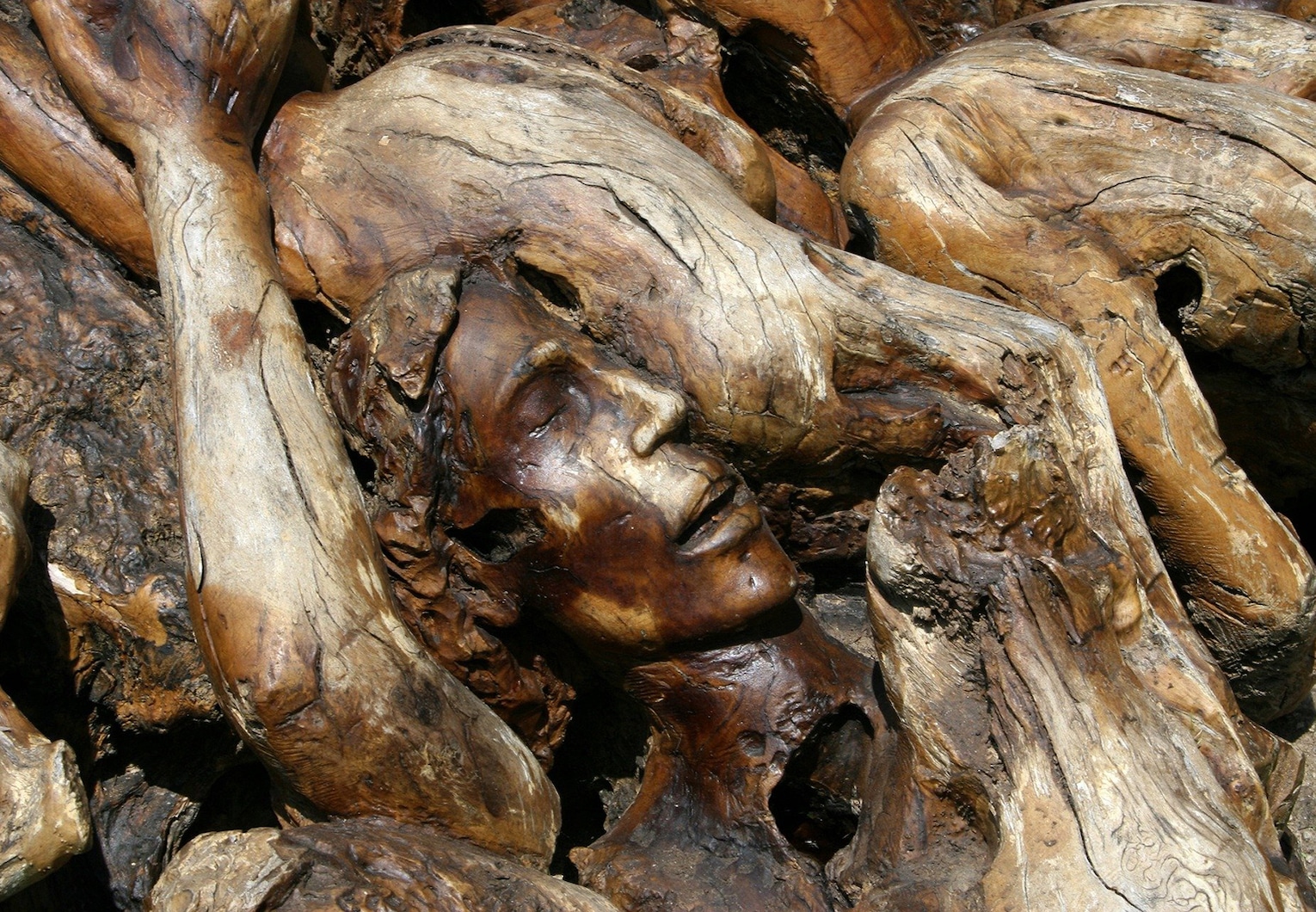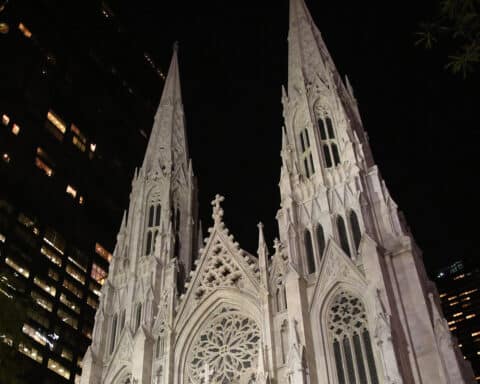(OSV News) Before I came into communion with the Church, there were a handful of Catholic doctrines I found confusing and, frankly, odd. Purgatory was one of them. I couldn’t understand why anyone would believe that people who had entrusted themselves to salvation in Jesus Christ and did their best to live as faithful disciples didn’t go directly to heaven when they died. To me, it seemed like yet another instance of Catholics failing to grasp the reality that salvation is the freely given gift of God’s grace.
I had no idea how wrong I was.
What the Church teaches
During RCIA, I grappled with Mary, the Eucharist, priesthood and the papacy, but it wasn’t clear if purgatory was something I really needed to embrace as truth. One day I summoned up enough courage to ask the pastor, “Does purgatory really exist?” He responded without any hesitation, whatsoever: “I hope so.”
That may have been the only answer I wasn’t prepared for.
“Remember the ‘Wizard of Oz’?” he continued. “Dorothy, Scarecrow, Tin Man, and Lion follow the yellow brick road to the Emerald City and face numerous temptations and threats along the way. Once they arrive, they discover that they must overcome even more obstacles. Finally, they are granted an audience with the wizard, but before that they are taken to a beauty shop, where everything is made clean and new: tin is polished, hair is styled, and old straw is replaced. That’s like purgatory.”
Suddenly, the Church’s teaching made sense. Purgatory was not a place of fiery punishment, or the torture required by an exacting God who wanted to squeeze the last drop of penance out of his imperfect children. Instead, it was the final and most beautiful gift of God’s saving grace — the fulfillment of his promise to make us holy. As author Susan Tassone, aka “The Purgatory Lady,” likes to say, “Purgatory is the masterpiece of God’s mercy.” And even though the “Wizard of Oz” can’t convey the depth of the Church’s teaching, it was an effective lesson for me at the time.
Would-be converts, however, aren’t the only ones with questions about the afterlife. Many cradle Catholics are confused about what happens to us when we pass from this life into the next. Some even assume that purgatory disappeared after Vatican II.
Thank God, it hasn’t.
What the Church teaches
According to the Catechism of the Catholic Church, when we pass from this life, our opportunity to decide whether we will accept or reject God’s grace in Christ Jesus ends (cf. No. 1021). Those who reject God will spend eternity without him. Those who seek God, will eventually be brought to heaven. But because God is holy, all our remaining faults, hurts and imperfections — anything and everything that stands between us and God in all glory — must be purified (cf. No. 1030) in the crucible fire of his love (cf. 1 Cor 3:12-15). In eternity, we will know all our sins and see the damage we have caused ourselves and others. The truth will be painful, but also transformative.
The souls in purgatory suffer because they long for union with God in heaven. The good news is that we can help them. “The souls of the departed can, however, receive ‘solace and refreshment’ through the Eucharist, prayer and almsgiving. The belief that love can reach into the afterlife, that reciprocal giving and receiving is possible, in which our affection for one another continues beyond the limits of death — this has been a fundamental conviction of Christianity throughout the ages and it remains a source of comfort today,” wrote Pope Benedict XVI. “It is ever too late to touch the heart of another, nor is it ever in vain” (Spe Salvi, No. 48).
Our prayers, almsgiving and concern for those we have lost actually reaches across time.
For most of us, the road to perfection isn’t straight or easy. That’s why it’s comforting to know that purgatory does exist, that God will, in fact, bring to completion the work of sanctification he has begun in us (cf. Phil 1:6). In purgatory, we will finally become all we were created to be, what God deems what we’d call the “best version of ourselves.”
As we move through All Hallows Eve, All Saints and All Souls, our Church encourages us to take the longer view of life. That’s why the month of November is dedicated to remembering those who have gone before us. Because of purgatory, we can do so with hope.





